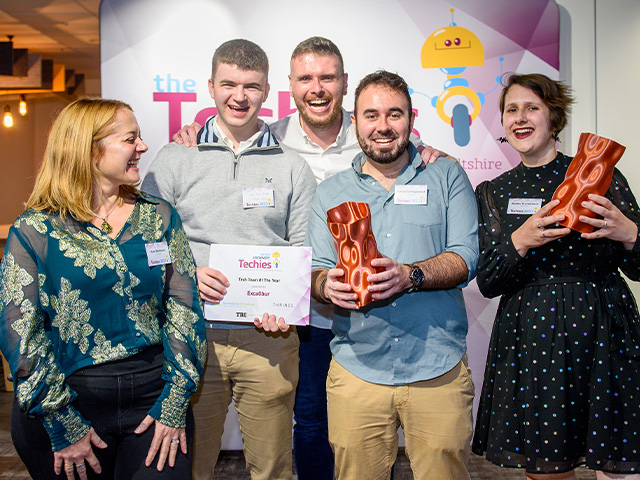About IT Schools Africa
IT Schools Africa is a UK registered charity founded in 2004. Our mission is to provide quality education through access to e-Learning for schoolchildren in Africa whilst simultaneously in the UK supporting vulnerable, disadvantaged individuals through our 4 active Community Programmes primarily in Gloucestershire.
We collect, refurbish and upgrade computer equipment in the UK which includes loading of Windows 10 and educational software. Data security is our N0 1 Priority and we use specialist data erasure software. We are registered with the Environment Agency and are WEEE compliant.
First customer on board
The first Excalibur customer to come on board was Ecosulis, they upgraded several of their old PC’s and when Excalibur told them about the partnership they were delighted to help. They had 10 machines that were surplus to requirements all of which have been wiped, refurbished and are now on their way to Africa.
IT Schools Africa aim to give another five years of life to the PC’s and as part of Ecosulis’ ethics as a sustainable business it was a great fit.
Suzi Cross, Operations Director commented, ‘Sending the equipment to Africa rather than landfill was a no brainer for us, as an ecological consultancy, we have a responsibility to make sure everything is aligned to our sustainability as a business. We aim to minimise our use of the earth’s natural resources wherever possible. We’re just so pleased these machines can not only last a bit longer but help where they are needed most.’
Where they work
IT Schools Africa establishes NGOs in Africa to manage the distribution, training and support to schools in its country programmes. They currently work with NGOs in Kenya, Malawi, Zambia and Zimbabwe.
Equipment needed (Must be in working condition)
- Computers
- Flat screen monitors
- iPads/ Tablets/ Smartphones
- Laptops (with chargers)
- Unused Toner Cartridges
- Keyboards + Mice
- Hard drives, RAM
- Black + white printers
- Power cables
Africa programme
IT Schools Africa is a major supplier of IT equipment to schools in Africa. They work with partner NGOs to encourage the sustainable use of computers . In each country the NGOs have a technical centre where they re-test the equipment before distribution. They are able to provide technical support and training to schools and teachers. They aim to give the equipment at least another 5 years of life. Schools are charged a small fee to ensure they take responsibility of ownership . This fee makes a contribution towards shipping and running costs .





